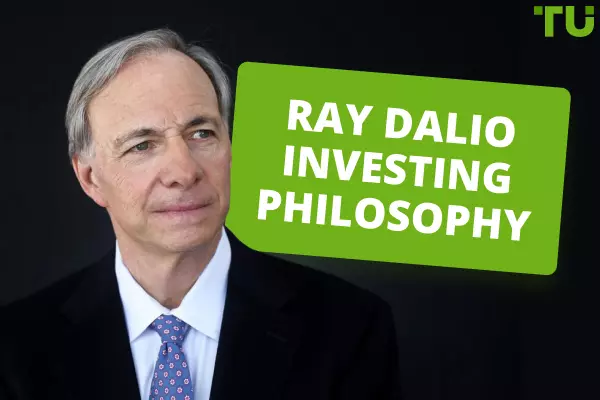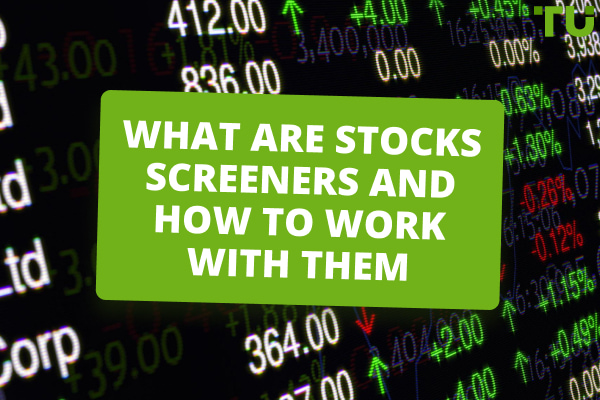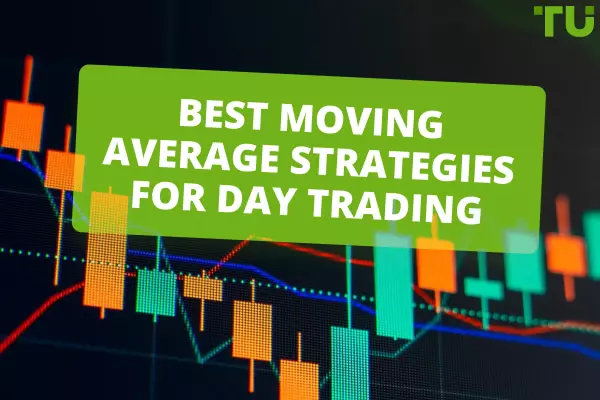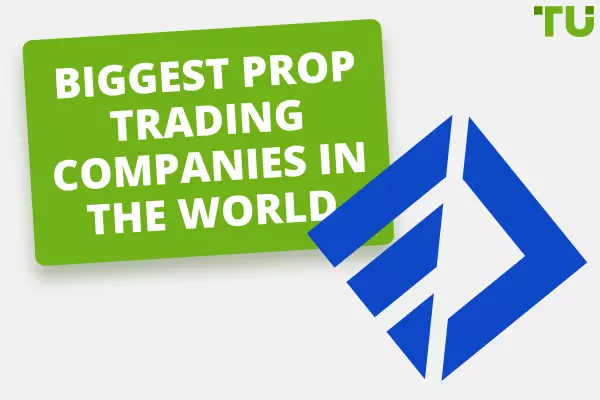The best Forex brokers with instant deposits
Below are examples of Forex brokers with instant deposits:
RoboForex
Traders who don't want to experience delays when funding their Forex account should consider RoboForex. Among the various Forex brokers with instant deposits, this broker leads. Experts who use the broker for Forex trading claim that deposits made to a RoboForex account using the Skrill and NETELLER systems are instant and commission-free.
Again, RoboForex offers a different payment method that is convenient for the trader's region. A few examples of these are bank transfers, e-wallets, bank cards, cryptocurrencies, etc. Users can quickly become accustomed to the platform and gain from it thanks to its excellent educational system.
Additionally, there is a choice for traders who use PayPal; go to the "Deposit Funds" section and choose "PayPal" from the list of available payment methods. RoboForex is well known for its dependability, advantageous trading circumstances, minimal spreads, and commission costs. It is the best Forex broker recommended for beginner traders and experienced investors.
IC Markets
With over 15 flexible funding payment options in 10 different base currencies, you can have the best experience funding your Forex account on IC Markets. The instant deposit feature ensures funds reflect on the trader's account seconds or minutes after completing the funding process.
IC Markets offers several deposit options for traders looking to trade with them. Bank/wire transfer, Paypal, credit card, Skrill, Neteller, UnionPay, Bpay, FasaPay, Thai Internet Banking, Rapidpay, Klarna, Vietnamese Internet Banking, and Poli are a few of the most common deposit methods.
Additionally, IC Markets provides scalable payment options and competitive pricing. They offer multiple plugins and third-party payment tools, which is why they are viewed as incredibly versatile.
Deposits are free at IC Markets, but the time it takes for money to show up depends on the payment method. For example, Credit and debit cards, PayPal, Neteller, Skrill, and UnionPay payment methods are instant. However, Bpay payments reflect within 12–48 hours, whereas wire transfers can take up to 2–5 business days.
Exness
Exness is among the best Forex brokers, with multiple deposit and withdrawal methods. Exness is a well-known Forex broker that provides traders with a selection of payment options for making deposits into their Forex accounts. Exness provides a completely online account opening and verification process that enables traders to fund their accounts and start trading while they wait for verification.
The majority of deposits and withdrawals are instant, with very low minimum deposits. Given that they give traders access to high-quality research and educational resources, it is one of the best Forex brokers for newcomers. These tools aid customers in becoming more proficient traders and platform users.
Excess payment methods vary depending on the country you registered from. Some of the popular payment methods include:
Comparison of the basic replenishing parameters
| Broker |
Available payment methods |
Commissions when replenishing a deposit |
|
RoboForex
|
Assets for copy trading
SEPA, Bank transfer, Skrill, Neteller, AdvCash, Perfect Money, Visa/Mastercard, AstraPay, NganLuong Wallet, JCB
|
Regulator
No
|
|
IC Markets
|
Assets for copy trading
Account currencies: Bank cards and Wire transfer, transfer from the broker’s account, e-wallets: PayPal, Neteller, Skrill, Union Pay, BPay, POLI, Rapidpay, Klarna, Vietnamese Internet Banking
|
Regulator
No
|
|
Exness
|
Assets for copy trading
Bank cards (deposit), Neteller, Skrill, Perfect Money, Webmoney, Tether, USD Coin, internal transfers
|
Regulator
No
|













